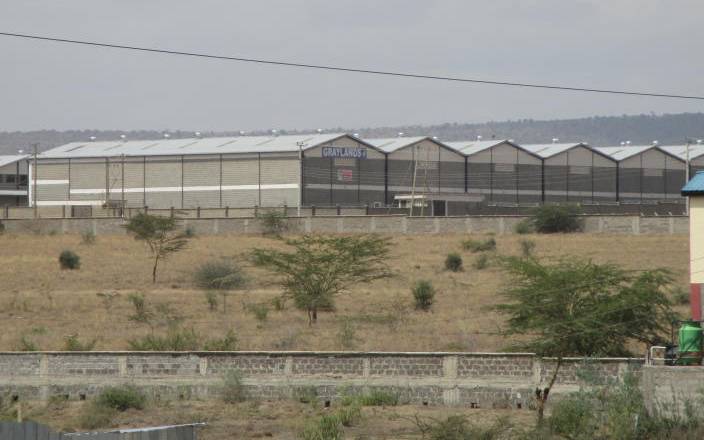×
The Standard e-Paper
Kenya’s Boldest Voice

Impenetrable. That is how the high-walled warehouses wearing a crown of razor sharp electrified fence look. The thick steel gates, manned by mean looking guards armed with truncheons are meant to be inaccessible to intruders.
However, behind this facade lurks ingenious crooks who have mastered how to waltz past the menacing guards to go for goods worth billions of shillings.